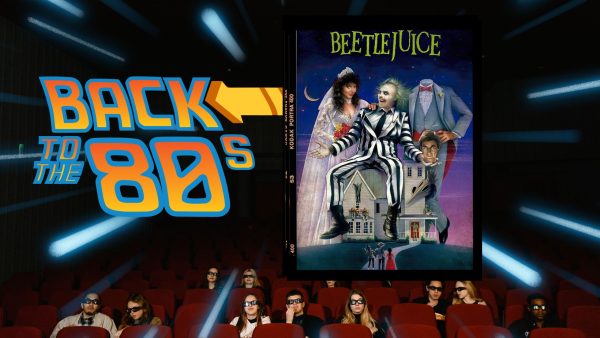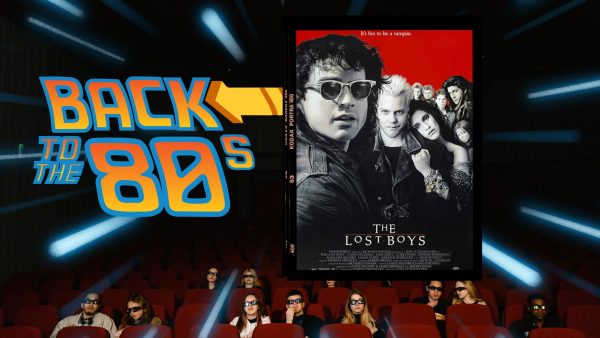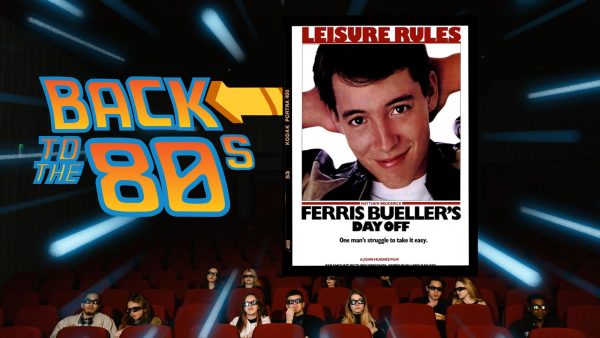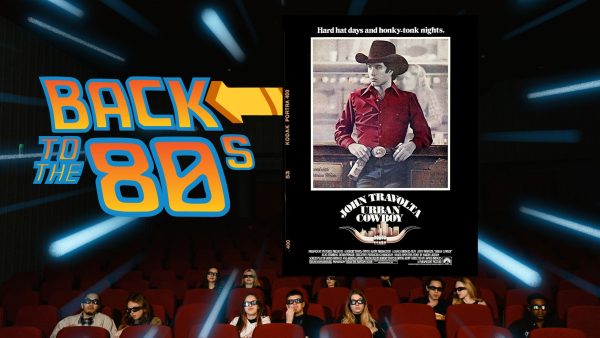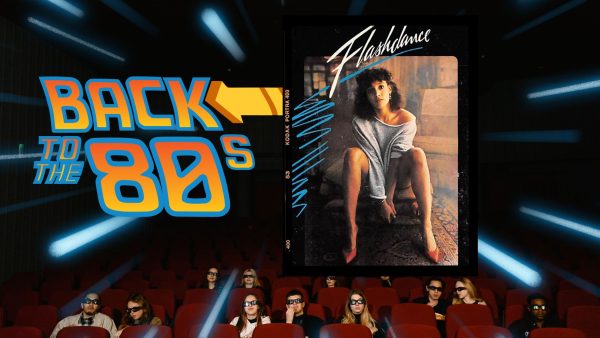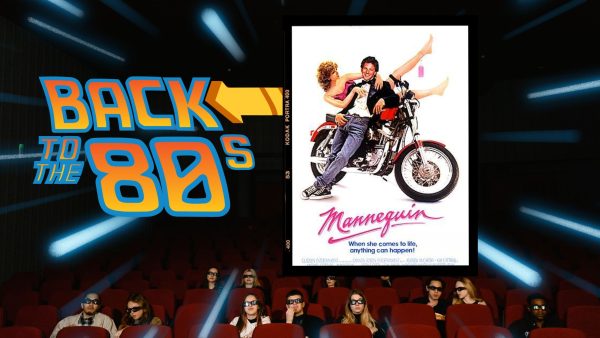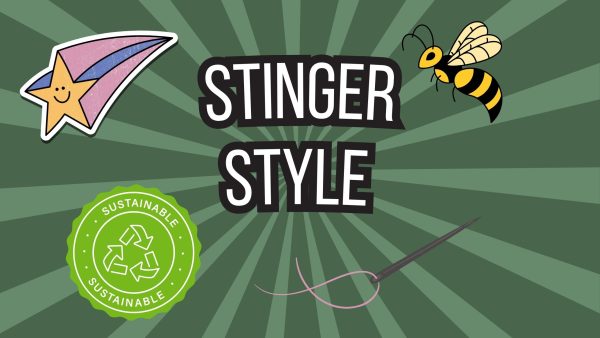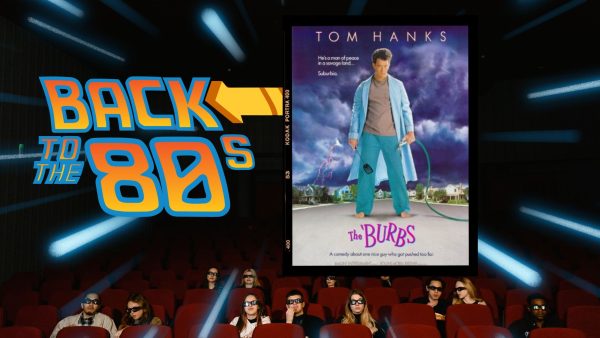Tattoos and body art shouldn’t deter employment.
February 22, 2012
I am one of many people who has tattoos for stylistic purposes. I believe they represent my personality in a unique and physically-expressive manner, but employers may disagree with the personal decision. From skulls, bones and tribal designs, hours with a needle and ink digging through your skin is worth the pain.
Needless to say, tattoos may not be accepted in the workplace. Most people were taught at an early age judging one’s appearance is not polite. Companies have often looked at people with tattoos in a wrong perspective, which could be seen as prejudicial.
Tattoos don’t change a person’s work ability. It’s merely a symbolic expression. It’s acceptable to be judged by character, but not by appearance. Adam Mendoza, Sociology major Adam Mendoza got a tribal band as his first tattoo. “There’s nothing gangster about it. My mom saw it and she says that now people will think you’re a gang member. You have to look at the person’s tattoo and verify what kind of person they are.”
After receiving his diploma, Mendoza said he planned to serve as a military officer. One of the recruiters declined Mendoza’s request because his tattoo sleeves are difficult to hide.
“My thinking was that military-tattooing was a big culture,” Mendoza said. “I can recall eight out of 10 people who are in the military have tattoos.”
Even though body art shouldn’t lower chances in getting hired, there is a line to be drawn. Honestly, tattoo sleeves aren’t a big deal. At least the person has a choice to cover the tattoos. But getting one on the neck or face, is going a bit overboard.
“It depends on the field and placement of the tattoos,” said Michael Hare, a tattoo artist at The Exotic Body. “You don’t want to have someone with a flower on her wrist to be excluded to. But if you’re in a service industry working in a kindergarten with facial tattoos, it’s probably not a good idea.
Hare is one of those who fit the bad boy stereotype. He has full tattoo sleeves on his arms and was once stopped by a cop asking Hare where he spent time in jail. Hare has never been to prison in his life.
The content and taste of the tattoo has to be taken under consideration.
“It’s an issue of what are offensive things,” said David Denman, a philosophy professor at Sacramento State. “If your body has artwork that are obscene, that would be a problem. The company would be in their rights to have an issue.”
Denman’s colleagues and students are aware he has tattoos but he chooses not to show any part of them.
Denman said he feels whether one should show tattoos are job specific. He said in a high-level job, a person is representing a company who is trying to sell their name and their products.
Whereas, in the academic field, Denman isn’t selling anything. He is representing a department, but not by his appearance.
“Ideally, an employer should get to know that employee and the kind of background they have,” Denman said. “They should not judge them on those kinds of things.”
The chances of winning a lawsuit for having tattoos are low. They are not yet protected under labor or discriminatory laws. The content should still be determined by employers. If there are certain religious or personal beliefs of having to reveal a person’s tattoo, an employer should give an employee a chance to explain.
Chris Barbosa can be reached at [email protected]
































































































































